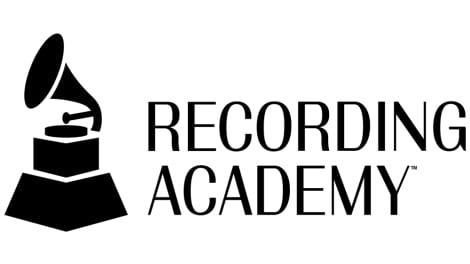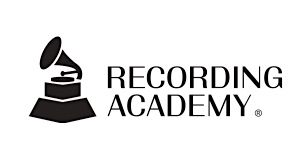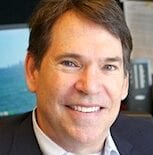Recording Academy Supports HITS Act


Music creators are among the American workers hardest hit by the coronavirus pandemic — concerts were cancelled, bars and restaurants shuttered, and recording studios closed. The median income for a professional musician is less than $25,000 a year, and independent music professionals will be among the last to return to work as the nation gradually reopens. The HITS Act creates a foothold for recovery. Without it, the costs of making new music may be prohibitive to creators following months of lost income.


Currently, individual recording artists and record producers are required to amortize production expenses for tax purposes over the economic life of a sound recording, typically 3-4 years. The HITS Act allows artists and producers to choose to deduct 100 percent of their production expenses for records created in the United States in the year such expenses are incurred, in the same manner that qualified film and television production expenses are allowed to be expensed. Expenses can include studio equipment, studio rental fees, staff costs, electricity, studio musicians, and much more.
“We are living through tough times and nothing helps you escape like turning on your favorite album,” said Rep. Sánchez. “Similar to many families and workers across the country, the coronavirus has also had an enormous impact on music makers. Gigs have been canceled, studios shuttered, and creative writing sessions postponed. I’m proud to introduce the HITS Act with Rep. Estes. Our bill will provide small, independent creators with a bit of help getting back to work, making the music we turn to in good times and bad.”
“Music is a powerful language that connects people of varying generations, backgrounds and experiences,” said Rep. Estes. “The men and women who make music — either through writing, singing, playing or producing — deserve to have the same tax benefits as artists in the film, television and live theater industries. The HITS Act is sound legislation that supports our creative communities throughout the United States and encourages music makers of all sizes and notoriety.”








